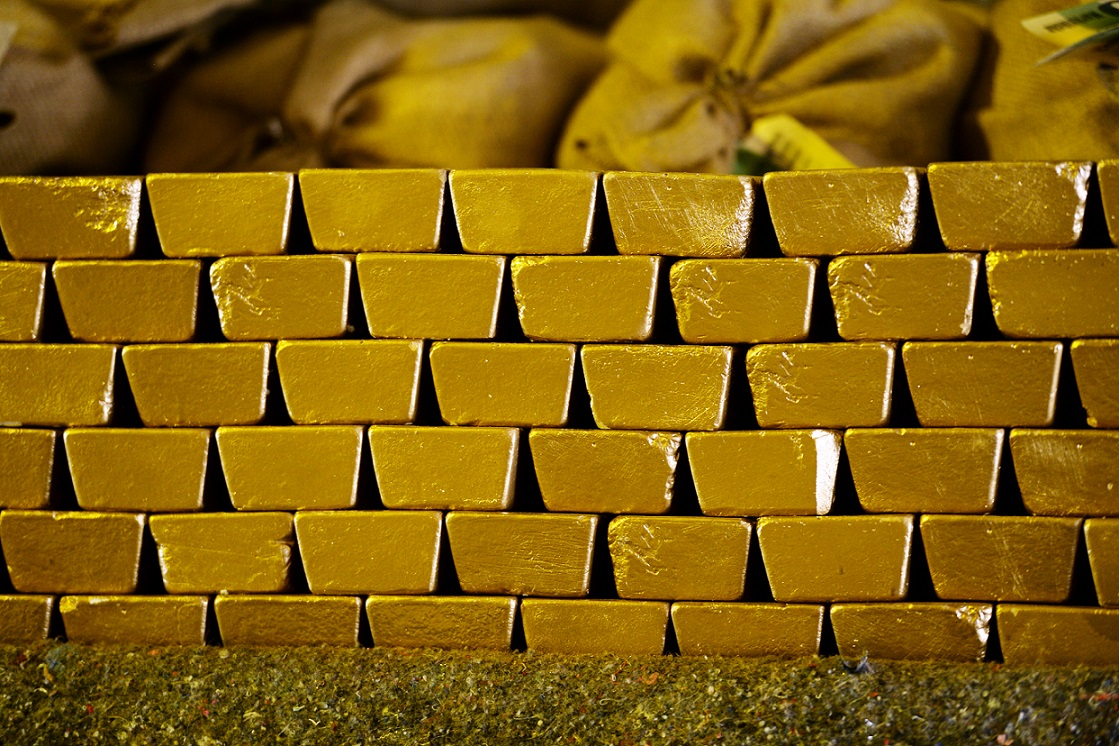Can Greek gold reserves be used to address the debt crisis?
In March 2003 the Finance Minister Yannis Stournaras defined the quantity of Greek gold reserves to 3,760 thousand ounces, valued at 4.7 billion euros, half of which is kept at the Bank of Greece and the rest is kept in the Federal Reserve Bank of New York in USA, the Bank of England and Switzerland. In 2003 the Bank of Greece proceeded with the last big sale of gold amount (20 tons, the revenues of which, approximately 207 million euros, were invested in high-yield bonds, such as European government bonds), and the deposit interest for the metal was only 0.1%. The Bank of Greece, having accumulated over 40 years more than 80 tons from the liquidations of gold pounds and gold tiles that were kept in safe deposit boxes and chests, as George Papadimitriou wrote in an older article in Vima, it made a move that was usual in several economies of that time, Portugal reduced at the same time its reserves from 606 tons to 340. It was the prosperity of the euro, which had already established itself as a reserve currency alternative to the dollar, which rendered obsolete the previous hoard of gold policy, either as a support method of national currencies in situations of speculative attacks or as a safe haven for purchase of raw materials in any moments of geopolitical tensions. Today there is no need for a country to maintain high gold reserves, as said by Mr. Antonios Mantzavinos, member of the Monetary Policy Council of the Bank of Greece, to Mr. George Papaioannou. With the euro the importance of gold has almost eliminated. Since 2007 and onwards, this trend was interrupted. The Greek reserves remain stable with a very slight upward trend: from 111.88 tons estimated by the World Gold Council in January 2012, the total reserves amounted to 112.5 tons at the end of the first quarter of 2015. This is the reason why their creative utilization was proposed for tackling the debt crisis, such as by the German newspaper Die Welt in the summer of 2011, and the German bank Commerzbank that pointed it out again in June 19, 2015 in the course of Greek uncertainty regarding the payment of the loan instalment due to the International Monetary Fund (IMF). In theory, Greece could pay off the instalment of 1.5 billion euros at the end of the month by selling 47 tons of gold from its reserves stated in the relevant note. Certainly, the procedures for doing so are not like easy: on the one hand gold falls within the jurisdiction of the independent central bank which in turn is governed by the supervision of the ECB and, on the other hand, the speed of such a divestment is rather unknowable.
SUNDAY VIMA NEWSPAPER_VIMAGAZINO, 19/07/2015

